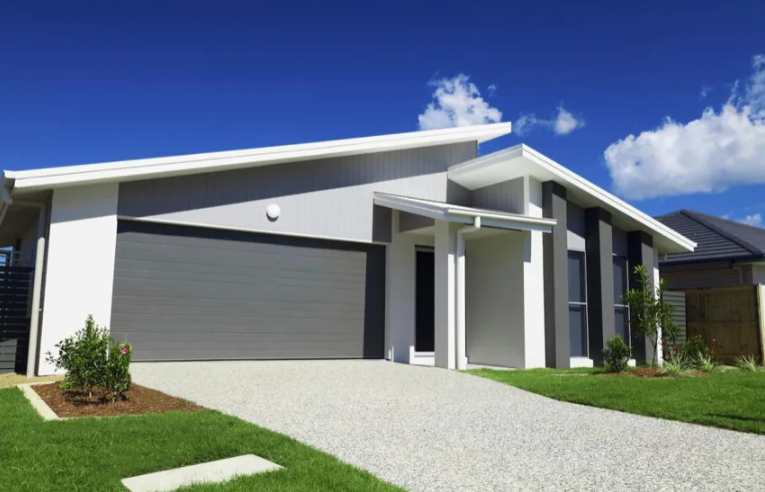Modern roofing systems have evolved dramatically, offering homeowners much more than just protection from the elements. Today’s roofs contribute significantly to a home’s energy efficiency, curb appeal, and overall value. One notable advancement is integrating technology, such as a well-implemented building monitoring system, which can provide real-time data on roof health and performance, making maintenance more effective and proactive. These advancements and improvements in roofing materials and installation techniques ensure homeowners enjoy long-term benefits from their roofing investments.
Types of Modern Roofing Materials
Choosing a suitable roofing material is crucial to maximize the benefits of modern roofing systems. Each material offers distinct advantages that cater to different needs and preferences. Below are some popular options:
Asphalt Shingles
The popularity of asphalt shingles can be attributed to their fair lifespan of 20-30 years, ease of installation, cost, and adaptability. They come in various colors and styles, allowing homeowners to match their roof to their home’s exterior. Advancements in technology have improved their durability and weather resistance, making them a reliable choice.
Metal Roofing
Metal roofing is renowned for its durability and resilience. It is resilient to harsh weather, including intense rain and wind. It’s also environmentally friendly, often made from recycled materials, and can last up to 70 years. Metal roofs are highly reflective, reducing cooling costs during hot months and making them a cost-effective, long-lasting roofing solution.
Solar Tiles
Solar tiles combine roofing and solar energy technology to provide protection and power to homes. They blend seamlessly with other roofing materials, maintaining aesthetic integrity. Installing solar tiles can significantly reduce energy bills and earn homeowners credits for excess energy generated. As solar technology evolves, solar tiles are becoming more accessible and efficient for eco-conscious homeowners.
Energy Efficiency Advancements
Modern roofing systems significantly increase energy efficiency by controlling inside temperatures and lowering dependency on heating and cooling equipment. Reflective coatings on metal roofs deflect sunlight, reducing heat absorption and cooling costs. Cool roofs can reduce air conditioning needs by up to 15%, making them ideal for warmer climates. Insulating materials and ventilation systems further enhance energy efficiency, ensuring year-round comfort.
Durability and Longevity of Roofing Systems
Durability is crucial when selecting a roofing system. Modern materials provide more strength and resilience, lessening the need for regular repairs. Metal roofs can endure over 50 years and are less likely to be damaged than asphalt shingles, which can last 20 to 30 years with good maintenance. This extended lifespan offers peace of mind and cost savings. High-quality materials and precise installation techniques ensure these systems can withstand time.
Aesthetic Enhancements
Today’s roofing materials offer various aesthetic options to complement different architectural styles. With the variety of colors and textures available in asphalt shingles, homeowners may customize the look of their exteriors. Metal roofs offer a sleek, contemporary look, while solar tiles integrate renewable energy technology with visually appealing designs. This variety allows homeowners to select roofing materials that protect and enhance their home’s overall look and feel, increasing curb appeal and property value.
Cost-Effectiveness Over Time
Modern roofing systems, despite their higher initial investment compared to traditional options, offer long-term cost-effectiveness due to durable materials, energy-efficient features, and increased property value. For homeowners who intend to sell their properties, upgrading to these systems can be a wise investment. In addition, tax breaks and government incentives for eco-friendly choices can defray upfront expenditures, making these cutting-edge roofing systems more affordable.

